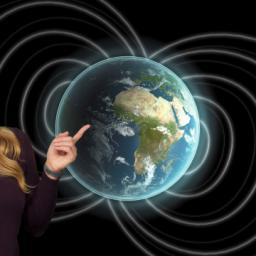Escape from Microsoft Word
Edward Mendelson over at the NYT writes:
Auden's contrast between mediocrity that gets things right and genius that is always wrong is useful in thinking about many fields other than politics. Take, for example, the instruments used for writing. The word processor that most of the world uses every day, Microsoft Word, is a work of genius that's almost always wrong as an instrument for writing prose. Almost-forgotten WordPerfect-once the most popular word-processing program, still used in a few law offices and government agencies, and here and there by some writers who remain loyal to it-is a mediocrity that's almost always right.Good look at the quirks of the modern office's favorite bit of software from a more philosophical point of view. It starts with a quote from Plato, for starters.

